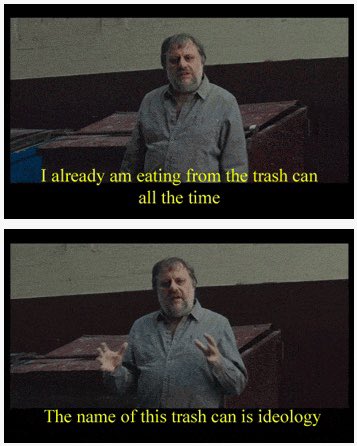0
you are viewing a single comment's thread
view the rest of the comments
view the rest of the comments
this post was submitted on 26 Dec 2020
0 points (NaN% liked)
Movies & TV
22880 readers
126 users here now
Rules for Movies & TV Discussion
-
Any discussion of Disney properties should contain a (cw: imperialism) tag. If your post isn't tagged appropriately it will be removed.
-
Anti-Bong Joon-ho trolling will result in an immediate ban from c/movies and submitted to the site administrators for review.
-
On Star Trek Sunday only posts discussing how we might achieve space communism are permitted. Non-Star Trek related content will be removed and you will be temporarily banned until the following Sunday.
Here's a list of tons of leftist movies.
founded 4 years ago
MODERATORS

I went ahead and rewatched this just now after four years. My only coherent thought coming out the other side is that the best insights in the film are the ones that use the fundamentals of human experience as their factors. The need for sustenance, stability, social acceptance, etc. The bits about the london riots, nazism, Taxi Driver, those are its best moments. Durable, fibrous bits of insight.
Where it loses me is whenever Zizek explicitly brings up concepts from psychoanalytic theory. To me, it seems he immediately steps into the realm of the unfalsifiable, the speculative. Psychoanalytic theory brings its own unexamined ideology in through the back way.
What I don't understand is what end psychoanalytic theory serves. Why have these unfalsifiable concepts floating around in your theses when they just fall flat if someone asks where the evidence is at? I feel like I must really be missing something.